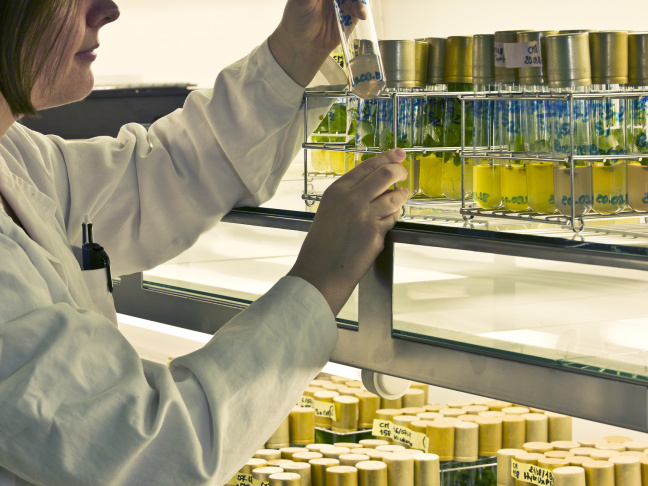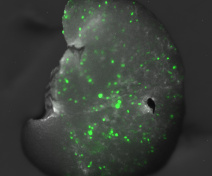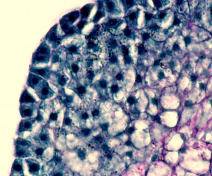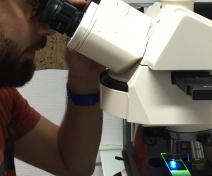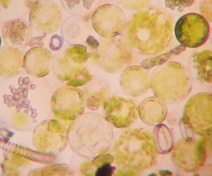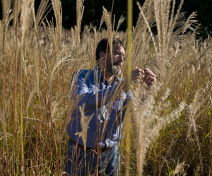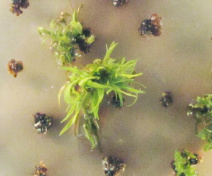A whole fertile plant can be regenerated starting from a small fragment of tissue, even a single cell. Our studies aim at understanding this process to identify factors that promote or, to the contrary, that impede plant regeneration.
At the interface between fundamental and applied research, we investigate the mechanisms that control plant development in tissue cultures. Taking advantage of our expertise, we also develop methods for the editing of crop genomes.
Biological Question
Our goal is to understand what drives the early stages of organogenesis and somatic embryogenesis. We study these developmental programs in model plants, Arabidopsis thaliana and Brachypodium distachyon. Because the regeneration process is similar between related species, either models or crops, our observations are useful to better control regeneration in agronomic varieties.
Our goal is to understand what drives the early stages of organogenesis and somatic embryogenesis. We study these developmental programs in model plants, Arabidopsis thaliana and Brachypodium distachyon. Because the regeneration process is similar between related species, either models or crops, our observations are useful to better control regeneration in agronomic varieties.
Models, tools and methods
Our team masters methods for plant transformation via agroinfection and biolistics, and implements protocols for plant regeneration from calli or protoplasts. We also develop tools for gene editing in monocotyledonous species.
Our team masters methods for plant transformation via agroinfection and biolistics, and implements protocols for plant regeneration from calli or protoplasts. We also develop tools for gene editing in monocotyledonous species.
Our scientific projects combine genetic analyses, classical histology and cytology approaches, live imaging, and innovative transcriptomics methods.
In addition to our research activities, we organize with colleagues all over France a yearly hands-on workshop where we teach methods for transformation, regeneration and genome editing in several plant species.
Societal and economical impacts
Understanding plant genetics and physiology is crucial to maintain yields, produce quality food and improve the sustainability of agricultural practices. Organogenesis and somatic embryogenesis are the basis of micropropagation methods and are used for transgenesis and genome editing. However, regeneration remains a major bottleneck, depending on species and cultivars. A better understanding of in vitro developmental pathways facilitates gene function studies and facilitate the production of elite cultivars.
Understanding plant genetics and physiology is crucial to maintain yields, produce quality food and improve the sustainability of agricultural practices. Organogenesis and somatic embryogenesis are the basis of micropropagation methods and are used for transgenesis and genome editing. However, regeneration remains a major bottleneck, depending on species and cultivars. A better understanding of in vitro developmental pathways facilitates gene function studies and facilitate the production of elite cultivars.
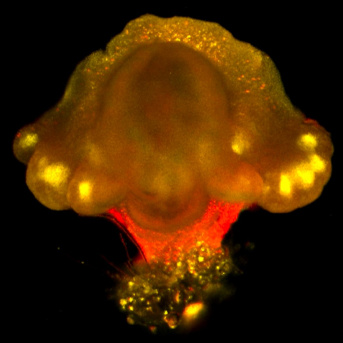
Leaders:
Pierre Hilson
Oumaya Bouchabké-Coussa
